28 Sep How To Tell If Your Dog Has a Toothache
As devoted pet owners, it is our responsibility to ensure the health and well-being of our furry companions. One aspect of their health that often goes unnoticed until it becomes a significant problem is oral health. Just like humans, dogs can experience oral pain, and as responsible pet owners, it is crucial to recognize the signs when your dog has a toothache.
Being able to identify signs of oral discomfort or pain can be a difficult task for our canine guardians. In the information provided, we will discuss the various signs that can indicate oral pain in dogs and the importance of addressing these issues with your primary care veterinarian promptly.
The Importance of Oral Health in Dogs
Before delving into the signs of oral pain, it’s essential to understand why oral health matters for dogs. A healthy mouth is essential for a dog’s overall well-being. Just like people, poor oral health in dogs can lead to various health problems, including infections, difficulty eating, and even systemic diseases such as heart disease, liver disease, and kidney disease. Daily home dental care will help prevent periodontal disease and early detection of gingivitis. It is recommended to brush your dog’s teeth every day. This daily home oral care will also aid in early identification of toothaches, which can significantly improve your dog’s quality of life and longevity.
Ten Common Signs Your Dog Has a Toothache
- Drooling: While some drooling is normal in dogs, excessive drooling can be a sign of oral discomfort or pain. If you notice a sudden increase in drool production, it’s time to investigate further.
- Bad Breath (Halitosis): Bad breath in dogs, often described as foul or unusually strong, can be a sign of dental issues or oral infections. If your dog’s breath suddenly becomes noticeably unpleasant, it should not be ignored.
- Changes in Eating Habits: A toothache can make chewing and swallowing painful for dogs. Consequently, they may become reluctant to eat, eat more slowly, or drop food from their mouths. If your dog’s eating habits change, it could be due to oral pain.
- Pawing at the Face: Dogs often use their paws to try and alleviate oral discomfort. If you notice your dog frequently pawing at their mouth or face, it could be a sign of of a toothache.
- Red or Swollen Gums: Healthy gums in dogs should be pink and firm. Redness, swelling, or bleeding of the gums can indicate dental problems or gum disease. Check your dog’s gums regularly for any abnormalities.
- Changes in Behavior: Oral pain can lead to irritability or changes in temperament. If your typically friendly and calm dog becomes aggressive or withdrawn when petting around their mouth, it may be a response to pain.
- Oral Bleeding: If blood is seen in the mouth or in the drool your dog may have a broken tooth, severe gingivitis, a laceration, or an oral tumor. Most of the time the bleeding is noticed on chew toys or in your dog’s drool.
- Difficulty Chewing or Swallowing: Oral pain can make it challenging for dogs to chew their food or swallow it properly. They may chew on one side of their mouth or show signs of discomfort while eating.
- Visible Dental Issues: Examine your dog’s teeth and mouth regularly for signs of dental problems, such as broken or discolored teeth, tartar buildup, or foreign objects stuck between their teeth.
- Unexplained Weight Loss: If your dog is experiencing a toothache that makes them avoid eating, it can lead to weight loss over time. Unexplained weight loss should always be a cause for concern and warrants a visit to your primary care veterinarian.
Board-Certified Veterinary Dentist in Colorado
Recognizing the signs of oral pain in dogs is crucial for maintaining their overall health and well-being. As responsible pet owners, it is our duty to ensure our furry companions receive proper dental care and attention just as we do with our toddlers who cannot brush their teeth. If you notice any of the signs mentioned in the information provided, don’t hesitate to consult the vets at Animal Dental Care and Oral Surgery. Early detection with treatment of oral issues can prevent more severe health problems. Early treatment will lead to a happier and healthier life for your beloved canine friend. Remember, a healthy mouth means a happy dog!

